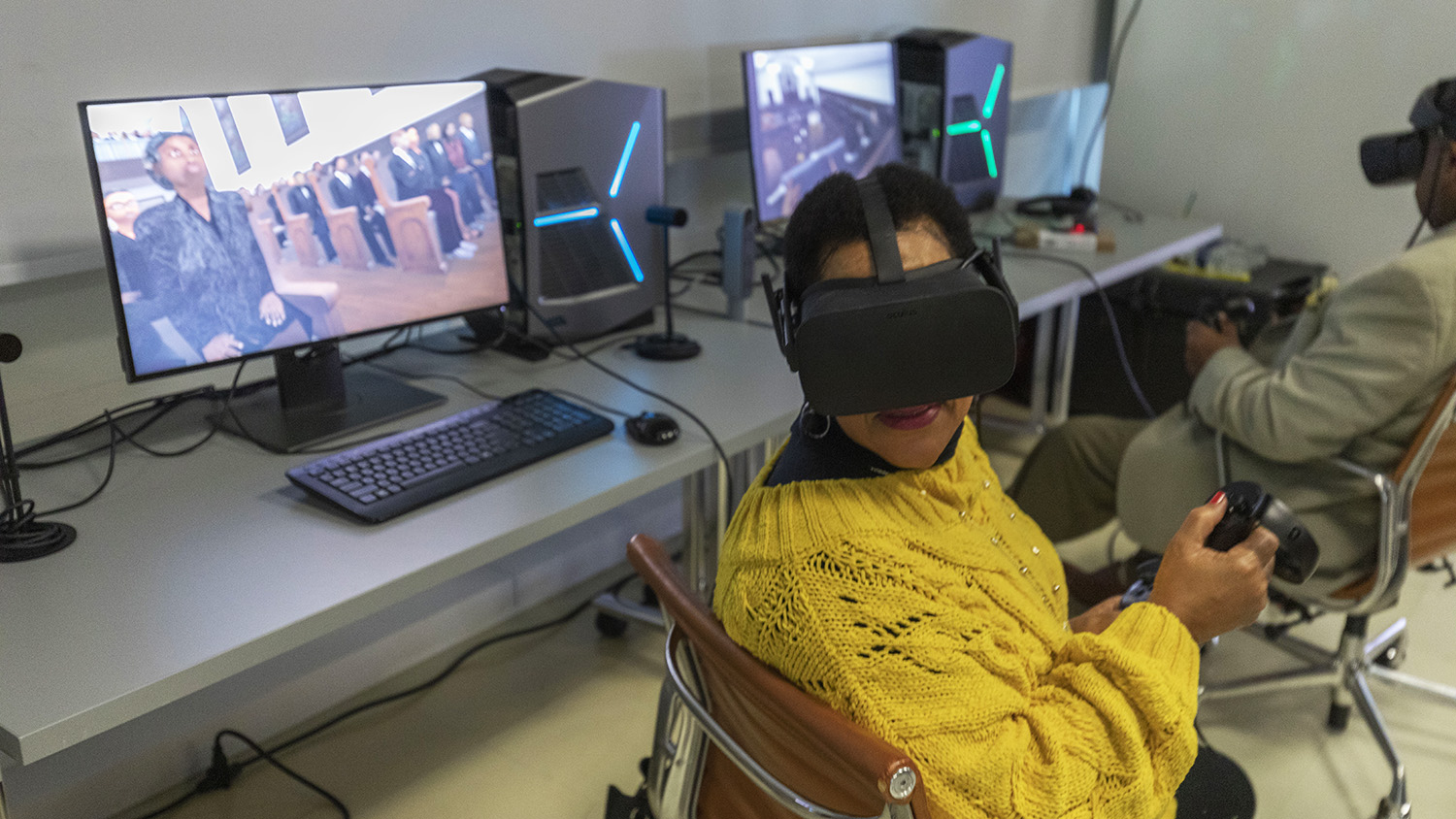
Research and Engagement
We engage with the world around us to address the communicative challenges that abound. Our faculty extend their expertise to the community and mentor student researchers.
Our Research
We take on social, environmental, political, local and global issues.
We share our findings through textbooks, journal articles and in the public arena. Our faculty and students travel the world to share insights that affect us all.
We seek grants and other funding that allows graduate students to become paid research assistants on national and global projects.
Community Engagement
Our faculty and students work on projects that matter to the lives of people near and far. We engage with the wider community to share what we’re learning — and to learn from each other.
Examples include:
- Our undergraduate speaker series, which brings students, alumni, community experts and faculty together for discussions around common themes.
- Creating online workshops to help local nonprofits obtain state and federal grants or improve their communication with key stakeholders.
- Engaging with partners across the globe as we study topics such as AIDS awareness and prevention in Africa. We’re also building partnerships with universities like Makerere in East Africa, collaborating on interdisciplinary research and service learning.
- Our undergraduate and graduate internship programs, which offer students opportunities to learn while supporting public and private organizations.
Public Communication of Science and Technology Project
The Public Communication of Science and Technology project (PCOST) aims to improve discourse about emerging and converging technologies such as nanotechnology, bio-nanotechnology, neurotechnology, geoengineering and synthetic biology.
Directed by Professor David Berube, PCOST has broadened its purview to include public health, safe drinking water, pests, natural disasters, climate change and human and environmental hazards and risks.


